
J Balvin reaches the headlining spot at Lollapalooza and Coachella: Has Reggaeton officially taken over?
The festival’s choice to break their own rules and offer a more inclusive and diverse repertoire in the past few years may come from the need to maintain their…
While President Trump keeps worrying about reinforcing the security around the U.S. southern border (he could move forward with the building of the wall by defunding other military construction projects, according to the Washington Post), he may have already failed to prevent the Latino invasion of the American music industry.
Last year during her presentation at Coachella 2018, Beyonce — the first black woman to ever headline the festival — invited J Balvin on stage for a collaborative performance of his hit song “Mi Gente,” and the crowd went crazy.
This was not the first time a Latin artist was performing at the iconic music event, but the fact that one year later he is coming back as the main headliner — along with Latino singers Bad Bunny and Rosalía — is quite an example on how many doors Latino music and reggaeton have knocked down in the past few years.
The Colombian singer — whose album “Vibras” was declared one of the best albums of 2018 by Rolling Stone and Billboard — has now become the first Latin Artist to headline the flagship event of Lollapalooza in Chicago, along with Ariana Grande, Childish Gambino, Tame Impala, and 21 Pilots.
Here it is your 2019 #Lolla Lineup! Grab your 4-Day Tickets and get ready to party with Ariana Grande, Childish Gambino, Twenty One Pilots, The Strokes, Tame Impala, Flume, The Chainsmokers, J Balvin + more! https://t.co/jgl8NuVyQA pic.twitter.com/LoUsDJtcMF
— Lollapalooza (@lollapalooza) 20 de marzo de 2019
With this news, Balvin — who has also been confirmed as part of the line-ups of Primavera Sound and Tomorrowland — stands out as the official Latin music ambassador of the international festival circuit.
RELATED CONTENT
The festival’s choice to break their own rules and offer a more inclusive and diverse repertoire in the past few years may come from the need to maintain their relevance and reach out to new audiences.
According to People en Español, “with Latin music becoming more popular than country and EDM in America, and considering that the Latinx population is the second fastest growing minority in America, festival producers are finally getting wise.”
Balvin’s Manager, Rebeca León, told Billboard that the demographics of the listeners behind the streams of charts like Spotify’s Global Top 50 have changed drastically: “It’s not even taking an artistic risk… this is what people want.”
The success of A-list Latinx performers like Balvin, Bad Bunny or Rosalía have also helped the breakthrough of smaller artists like Mexican Mon Laferte — whose agent relied on Spotify data to sell their show to Coachella — or Sonia de Los Santos, a Mexican-American singer with less than a thousand Twitter followers who was also booked at Lollapalooza.
This is not the only music industry turnaround caused by the growth of the Latin U.S. market. American singers are also looking their ways into these audiences by collaborating with urban Latino performers.
The Bieber/Fonsi phenomenon from 2017, “Despacito,” may have set the bar too high — its video reached 6 billion views on Youtube in February 2019 — but it definitely started a trend of Spanish-driven remixes and crossovers that doesn’t seem to be stopping anytime soon.
Just today, Hispanic composer/singer Alejandro Sanz announced the release of his new album “El Disco” with special participation of the U.S. Latina star Camila Cabello.



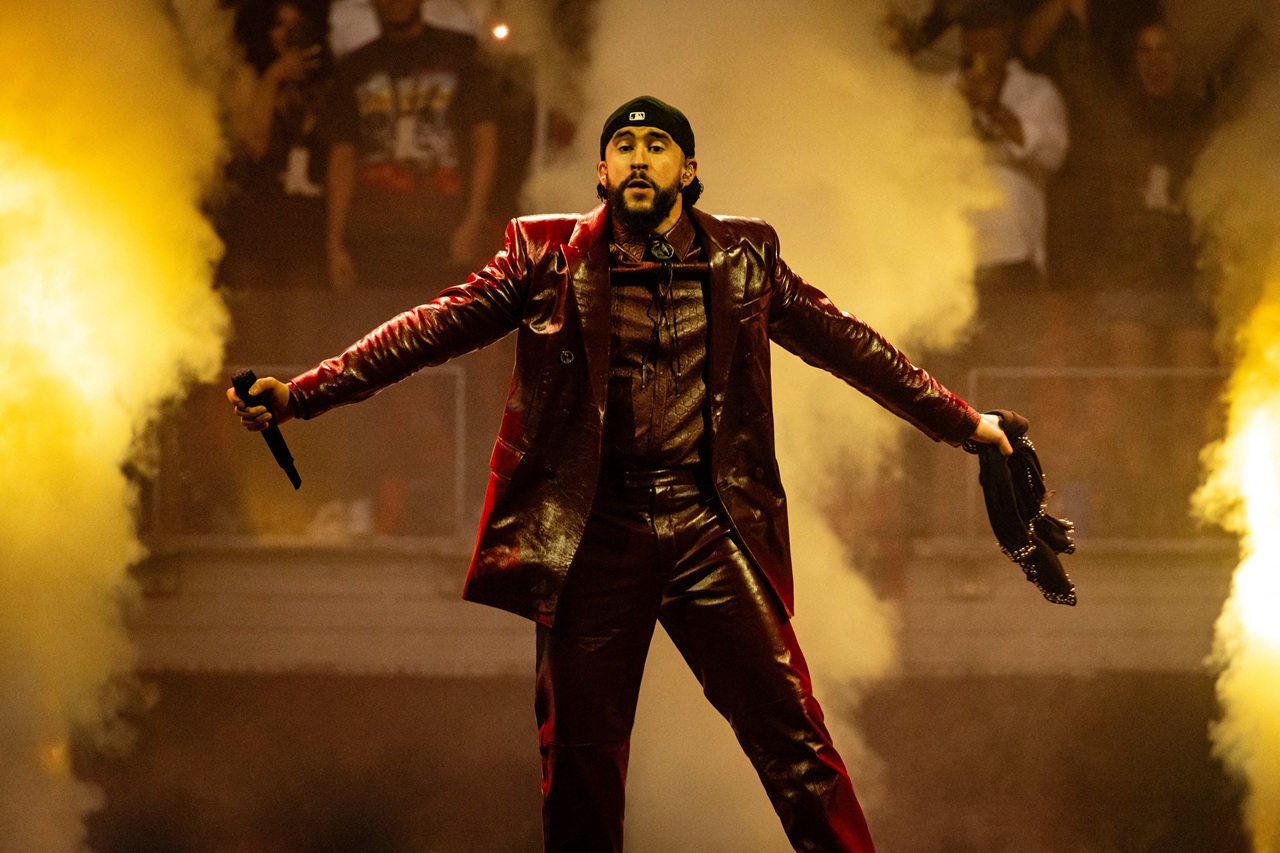
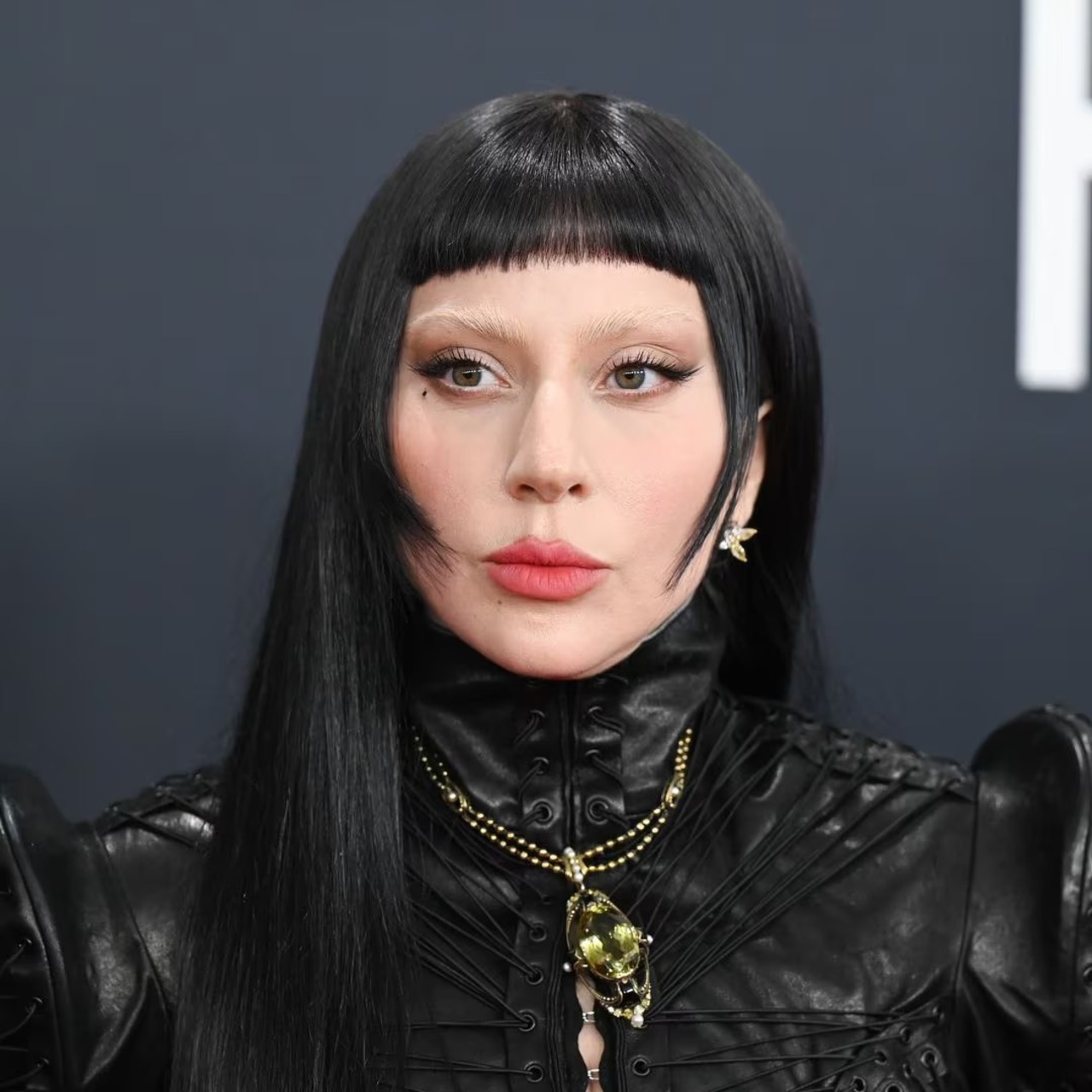
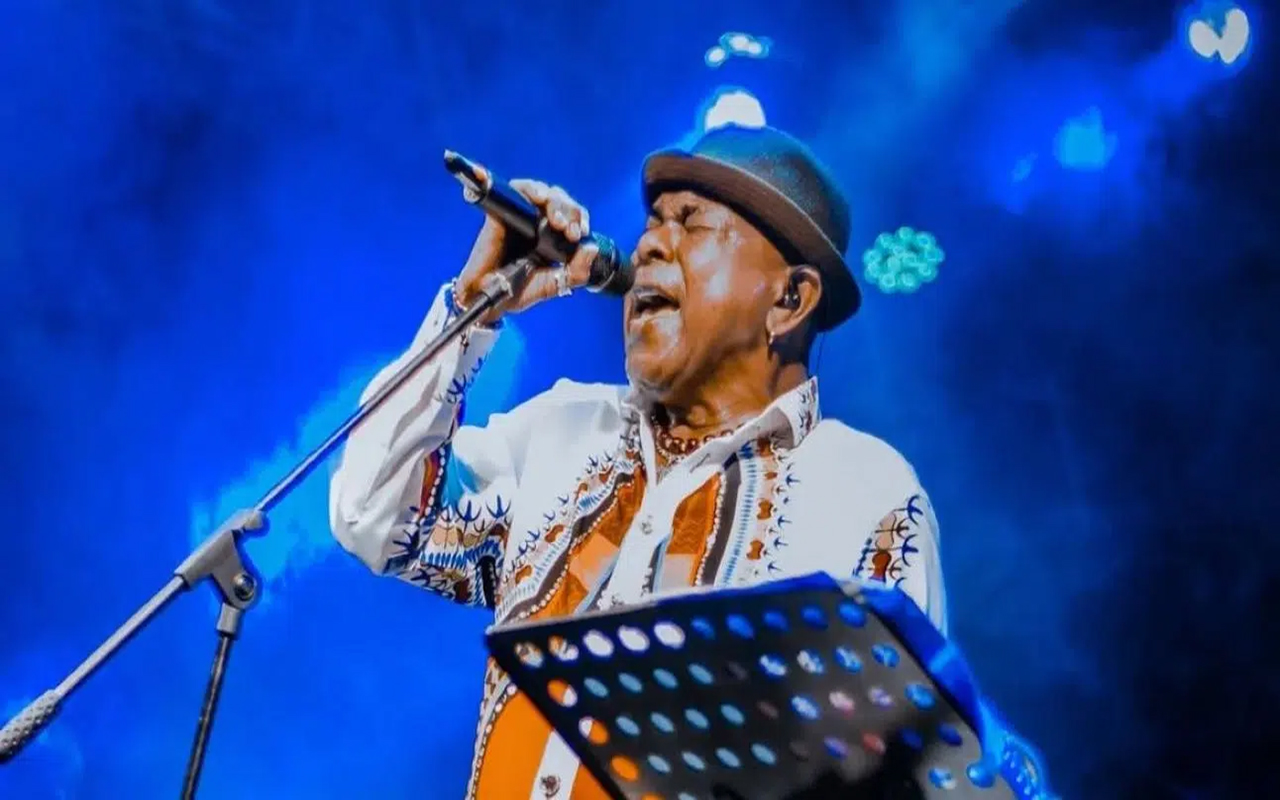
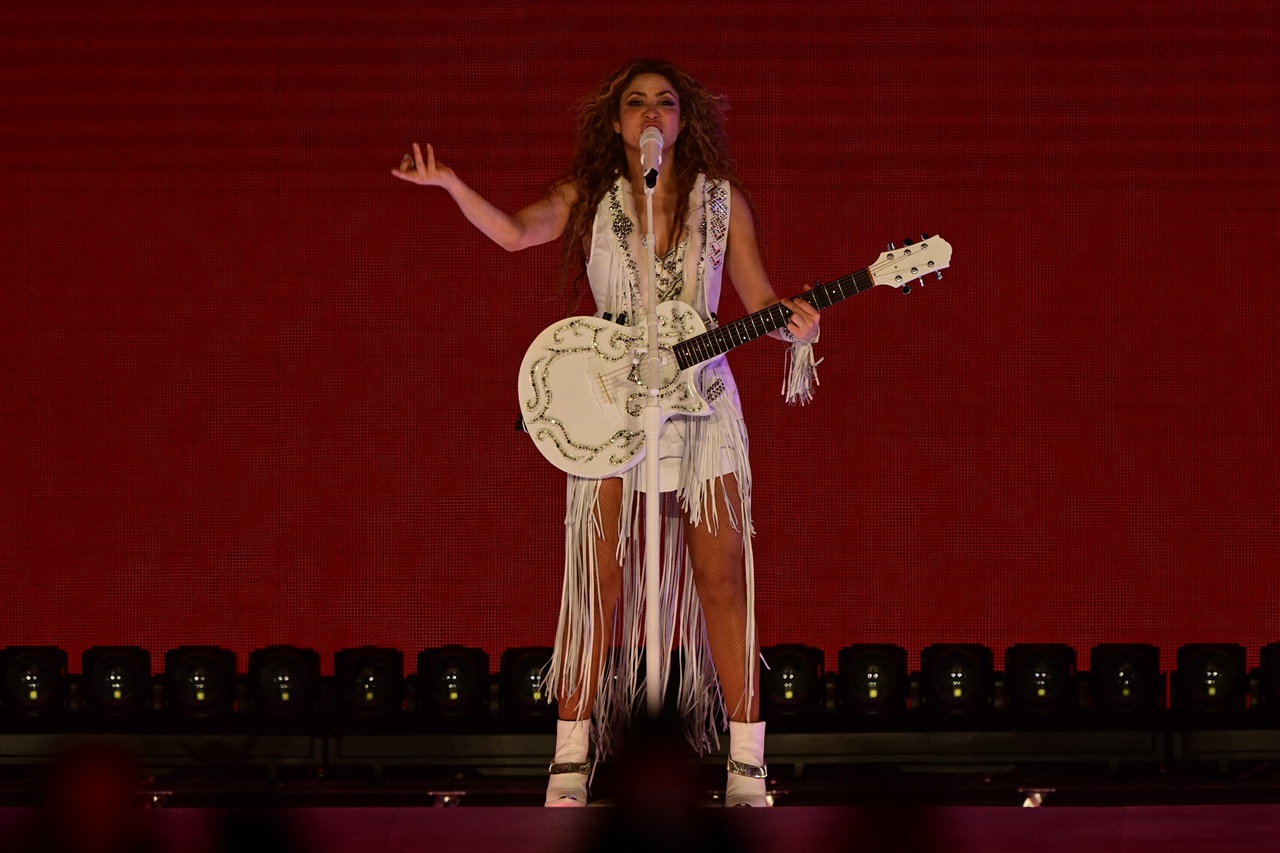
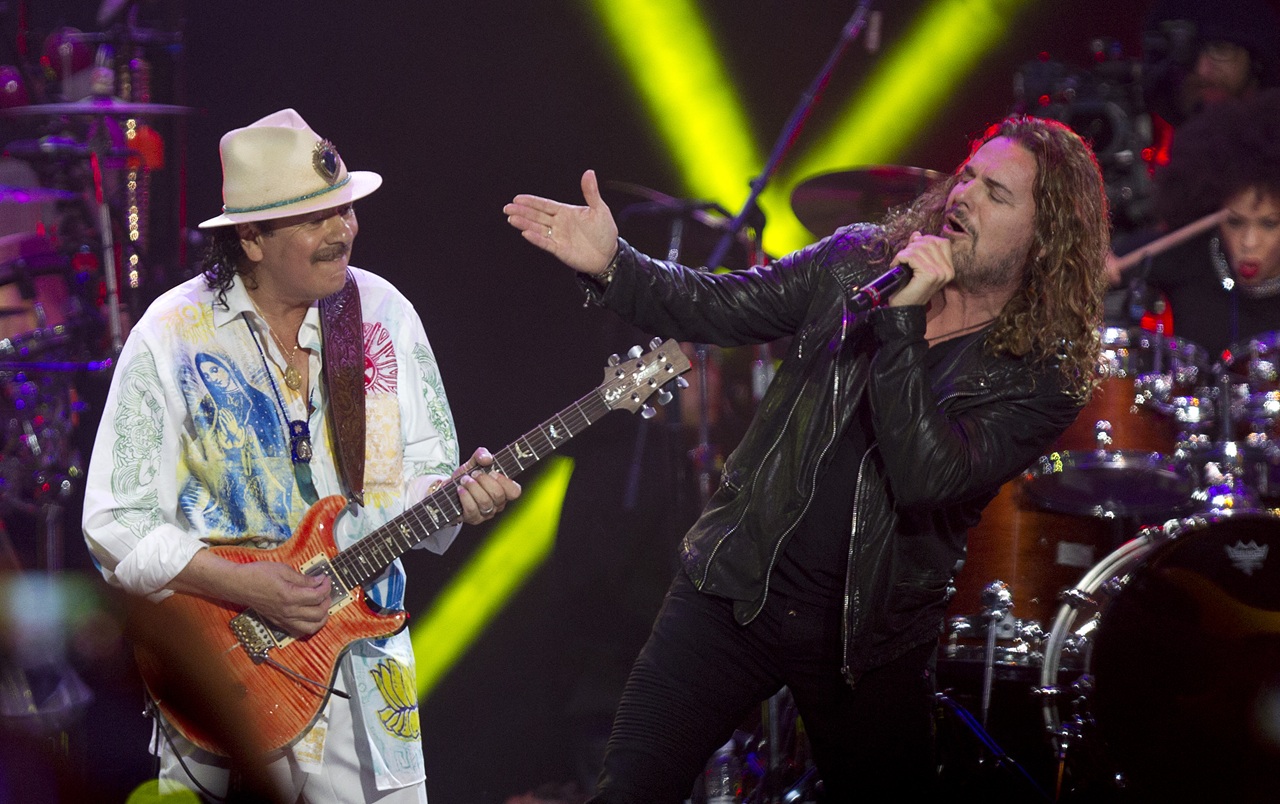

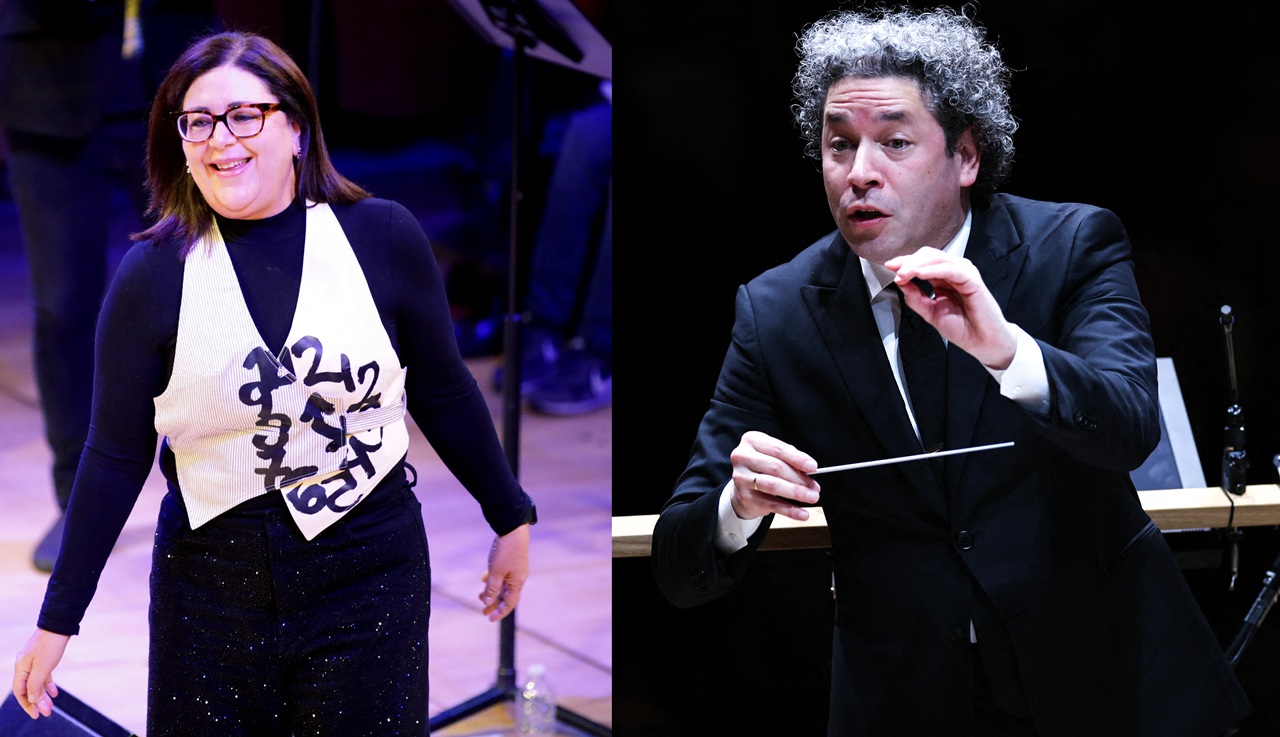
LEAVE A COMMENT: